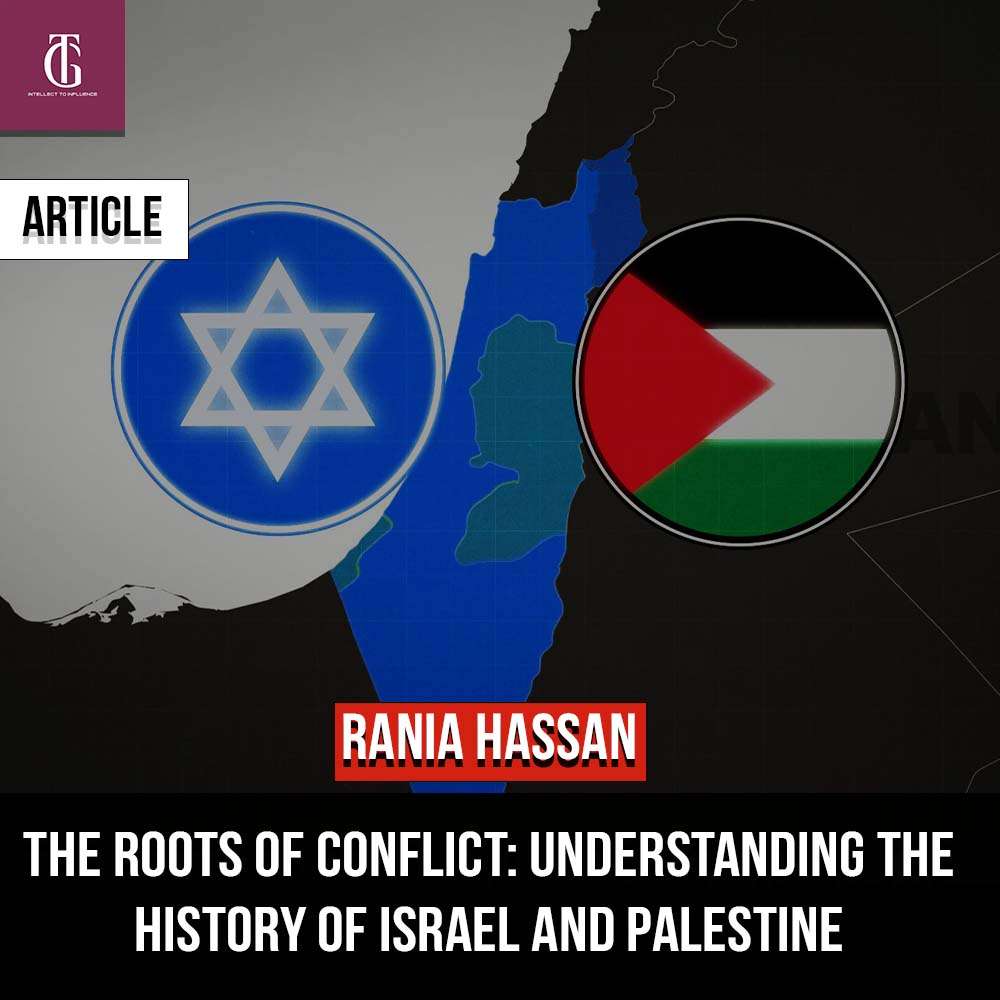
After the Ottoman Empire was defeated in World War One and Palestine was taken by Britain, the Israeli-Palestinian conflict broke out in 1947. Following the 1917 Balfour Declaration, tensions between Arabs and Jews grew, which in turn caused a rise in Jewish immigration to Palestine. Tensions increased after Palestine was divided into Arab and Jewish nations under the 1947 Partition Plan. Israel seized control of the Golan Heights, West Bank, East Jerusalem, Sinai Peninsula, and Gaza Strip during the 1967 Six-Day War.
. Despite the signing of the Camp David Accords in 1979, no consensus was reached about Palestinian self-determination and self-governance. Palestinians in the Gaza Strip and West Bank rebelled against the Israeli government in 1987, and the Oslo I Accords of 1993 served as a mediator. The Israeli government approved the construction of a barrier wall around the West Bank in 2002. Hamas gained control of the Gaza Strip in 2006, and a cease-fire agreement was reached in 2014 nevertheless, hostilities persisted in 2015 and 2018.
2018 saw 6,000 Palestinians injured and 183 Palestinians killed by Israeli forces. Over 100 rockets were fired by Hamas into Israel in 2018, to which Israel retaliated with strikes. As a result, Hamas ruled the Gaza Strip and Fatah controlled the Palestinian Authority, bringing the two groups back to discord. The Trump administration reversed this strategy by focusing on the Abraham Accords and cutting off UN aid.
After firing rockets into Israeli territory, Hamas claimed the lives of nearly 20 Palestinians and injured 2,000 more. A cease-fire was achieved after eleven days, but the fighting continued. Benjamin Netanyahu led the far-right, religious government in December 2022, focusing on judicial monitoring and religious discrimination.
On October 7, 2023, hostilities intensified as President Joe Biden supported Israel. The US sent weapons and advanced warships toward Israel, raising concerns over civilian safety and hostage situations. In the first month, 1,300 Israelis and 10,000 Palestinians lost their lives. Iran’s patronage of Hamas and other extremist organizations has sparked concerns about the war’s spread. The Israeli cabinet declared war on Hamas, and the largest city in southern Gaza, Khan Younis, experienced a return of hostilities.
Israel announced its withdrawal of its soldiers from the Gaza Strip in January 2024, citing US pressure. The IDF has withdrawn at least 90% of its forces. In March, Israel attacked al-Shifa Hospital, killing 200 fighters and taking 500 prisoners. An impartial UN investigation was launched after mass graves were discovered. Israel launched an airstrike on an Iranian consulate building in Damascus, Syria, resulting in Iran attacking Israel with over 300 drones and missiles
Israel has restricted aid and Hamas has rejected cease-fire proposals, leaving Gaza struggling to obtain supplies. The World Food Programme issues health and hunger alerts, and tensions rise as Hamas forces may start a new conflict in the Sinai. The IDF (Israel Defence Force) has conducted air campaigns and ground operations in the Gaza Strip for seven months, causing almost two million Gazans to flee their homes and over 100 captives abducted.
In the 20th and early 21st centuries, Israeli and Arab armies engaged in major battles, often driven by non-Palestinian entities or foreign territory. Hamas’ takeover of Gaza in 2007 led to a blockade, resulting in violent battles. The bloodiest attack on Israel occurred on October 7, 2023, with 1,200 deaths and 240 captured. At least 34,971 Palestinians have been killed in Israel’s ongoing offensive on the Gaza Strip since last October. International pressure was put on Israel to moderate its onslaught, and efforts to establish a cease-fire persisted; nevertheless, Hamas would not consider any plan that did not include a halt to hostilities permanently.





